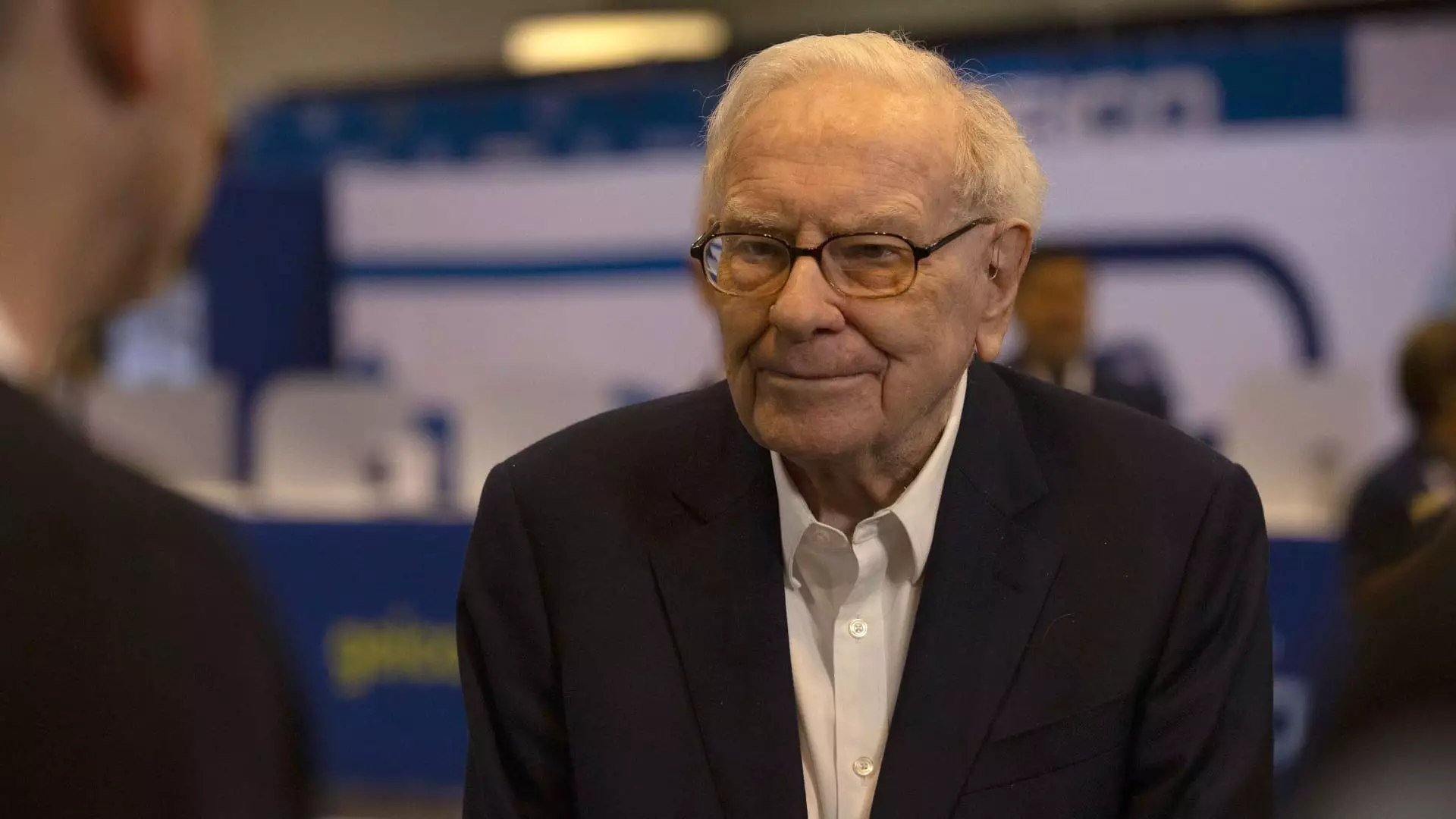Warren Buffett’s Berkshire Hathaway, a stalwart in the investment landscape, has recently recalibrated its holdings in Bank of America (BofA), reducing its stake below the 10% threshold. This shift follows a notable selling phase that initiated in mid-July, culminating in the divestment of over 9.5 million shares in just three transactions filed with the U.S. Securities and Exchange Commission (SEC). With this strategic move, Buffett’s ownership has dipped to approximately 775 million shares, representing an ownership stake of about 9.987%. This transition signals a noteworthy change in the Oracle of Omaha’s investment philosophy and merits a closer analysis.
One of the most significant consequences of this reduction is the lifting of certain regulatory reporting requirements that accompany ownership exceeding 10%. The SEC mandates that entities holding more than a 10% share of a company’s securities must disclose their transactions within a two-day window. Lowering this stake means Berkshire Hathaway can now operate with greater confidentiality regarding its future moves. For the stakeholders and analysts closely monitoring Buffett’s intentions, this opacity could introduce uncertainty, as the next comprehensive dataset of Berkshire’s holdings will not materialize until the 13F filing in mid-November, detailing positions as of the end of September.
Despite Berkshire’s recent sell-off, BofA’s stock has shown resilience, gaining about 1% in the last month. This can largely be attributed to the bank’s active repurchase strategies, which have buoyed market confidence. The historical context of Buffett’s relationship with BofA is also essential to consider. His initial investment of $5 billion in 2011, designed to prop up the bank during a tumultuous financial epoch, has transformed into a cornerstone of his portfolio. This strong precedent makes the current divestment all the more striking.
This reduction in stake coincides with broader trends in the banking sector, with Buffett previously expressing a cautious outlook on bank ownership due to recent crises, including the turbulence seen in 2023. Notably, Buffett’s apprehensions draw from his insights into the evolving deposit landscape, which has been permanently altered since the global financial crisis of 2008. He articulated concerns over the fragility of deposit stability, acknowledging the detrimental effects propagated by regulatory and political narratives during times of crisis. Furthermore, the rapid rise of digital banking and fintech solutions has made traditional banking models less stable.
As Buffett shifts his focus away from BofA, it raises questions about the future trajectory of Berkshire Hathaway’s investment strategy within the banking sector. The decoupling from such a significant holding could serve as a bellwether for broader market sentiments and investor apprehensions. For those observing Warren Buffett, this could indicate a philosophical shift back toward value investing in less cyclical sectors, rather than the banking domain that has become increasingly volatile. Ultimately, this decision may reflect an astute recognition of changing market dynamics and an evolving economic landscape.


Leave a Reply